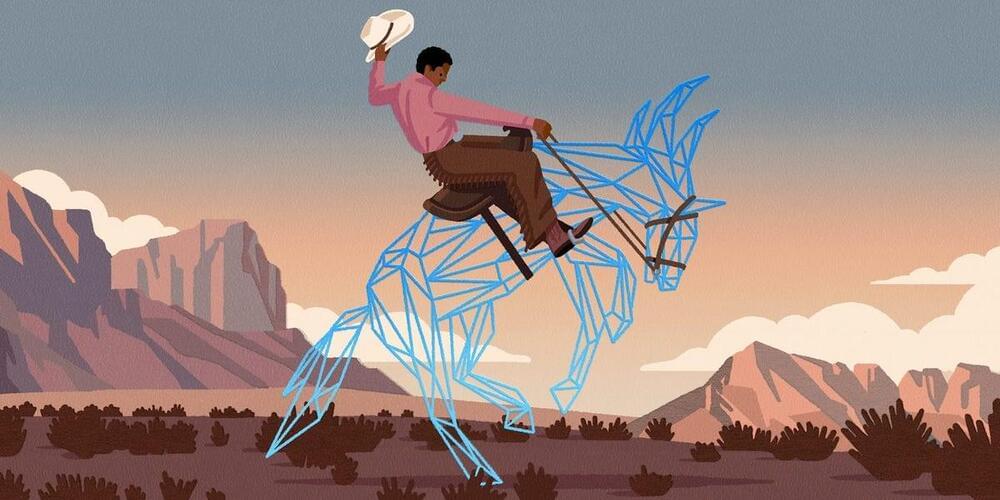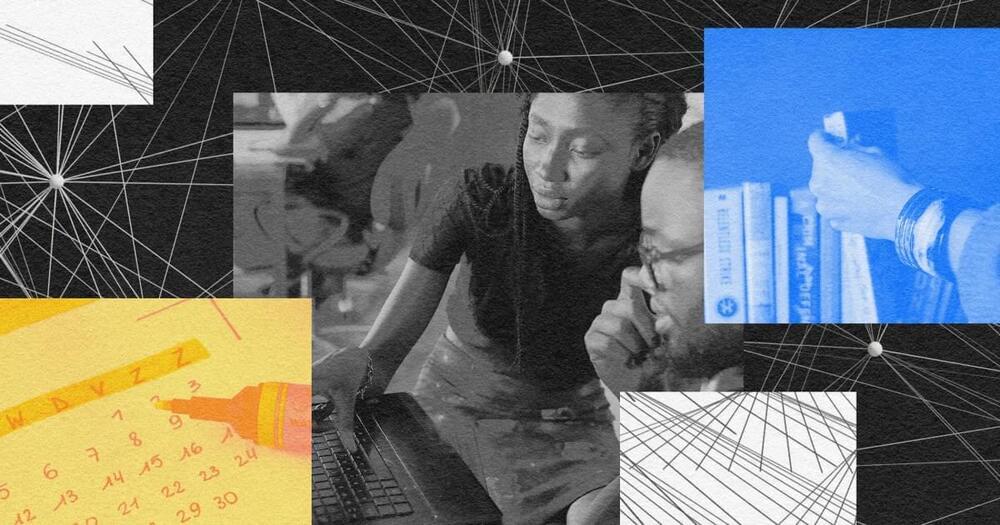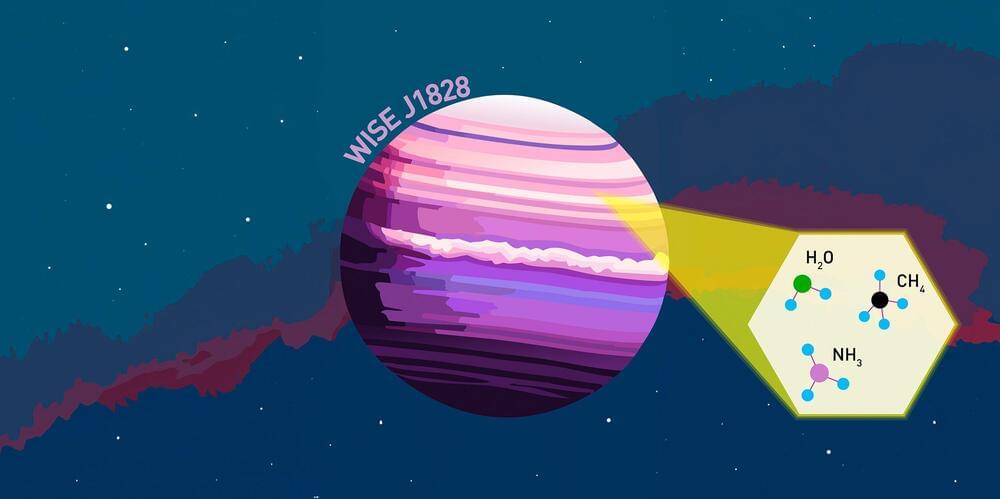Companies across industries are hiring for generative AI talent — and it doesn’t look like the hype is going anywhere.





Amazon’s Alexa business is laying off “several hundred” employees, including those on its recently launched artificial general intelligence team, Business Insider has learned.
On Friday, Amazon’s VP of Alexa and Fire TV Daniel Rausch told his team about the layoffs, saying it’s intended to shift the company’s resources to focus on generative AI.
“As we continue to invent, we’re shifting some of our efforts to better align with our business priorities, and what we know matters most to customers — which includes maximizing our resources and efforts focused on generative AI. These shifts are leading us to discontinue some initiatives, which is resulting in several hundred roles being eliminated,” Rausch wrote in the email, obtained by BI.

Sierra Space, one of the sector’s most valuable private companies, laid off several hundred employees and contractors this week, CNBC has learned.
A Sierra Space spokesperson confirmed the company let go of about 165 employees on Thursday, but declined to specify the number of contractors affected. Former Sierra Space employees told CNBC that the layoffs included a significant number of contractors, with the cuts including hundreds of personnel in total.
The laid-off employees received two weeks of paid non-working notice, plus four weeks of severance pay and health care benefits through the end of the year. Sierra Space had about 2,000 employees before reducing its workforce, the company spokesperson said.


Our current best understanding of the universe requires the existence of an invisible substance known as dark matter. The exact nature of dark matter (or its actual existence) is still unknown, and there are multiple competing theories to explain the effect of this matter on the Universe. An exciting new one is called Recycled Dark Matter.
The idea behind Recycled Dark Matter is that dark matter is produced in a specific mechanism that researchers have dubbed “recycling” in a paper awaiting peer-review, because dark matter forms twice in the universe, with weird quantum mechanics and a black hole phase in the middle. All of that just a few instants after the beginning of the cosmos.
So, let’s take a journey back about 13.8 billion years. You don’t have to move, because the Big Bang happened everywhere. At the very moment that time as we know it starts ticking, the fundamental forces and the building blocks of particles we know of (the Standard Model) are in equilibrium with the Dark Sector (we know it sounds like a bad fantasy novel location, but bear with).


Compact genetic testing device created for Covid-19 could be used to detect a range of pathogens, or conditions including cancer.
A virus diagnosis device that gives lab-quality results within just three minutes has been invented by engineers at the University of Bath, who describe it as the ‘world’s fastest Covid test’
The prototype LoCKAmp device uses innovative ‘lab on a chip’ technology and has been proven to provide rapid and low-cost detection of Covid-19 from nasal swabs. The research team, based at the University of Bath, say the technology could easily be adapted to detect other pathogens such as bacteria — or even conditions like cancer.

They reveal the origin of wine, the age of bones and fossils, and they serve as diagnostic tools in medicine. Isotopes and isotopologues—molecules that differ only in the composition of their isotopes—also play an increasingly important role in astronomy. For example, the ratio of carbon-12 (12C) to carbon-13 (13C) isotopes in the atmosphere of an exoplanet allows scientists to infer the distance at which the exoplanet orbits its central star.
Until now, 12C and 13C bound in carbon monoxide were the only isotopologues that could be measured in the atmosphere of an exoplanet. Now a team of researchers has succeeded in detecting ammonia isotopologues in the atmosphere of a cold brown dwarf.
As the team has just reported in the journal Nature, ammonia could be measured in the form of 14NH3 and 15NH3. Astrophysicists Polychronis Patapis and Adrian Glauser, who are members of the Department of Physics as well as of the National Centre of Competence in Research (NCCR) PlanetS, were involved in the study—Patapis as one of the first authors.